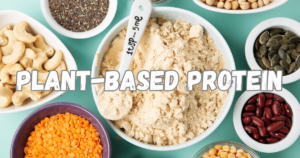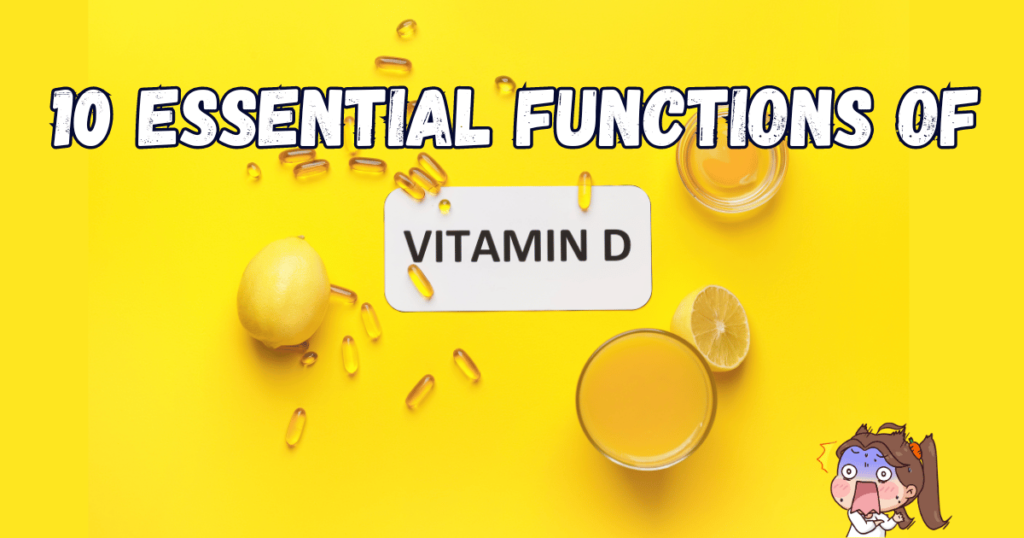Introduction
The Pros and Cons of Plant-Based Protein Supplements, In recent years, plant-based diets have gained immense popularity, and with them, the interest in plant-based protein supplements has surged. These supplements offer a convenient way to meet protein requirements while adhering to a vegetarian, vegan, or flexitarian lifestyle. However, like any nutritional choice, they come with their own set of advantages and potential drawbacks. In this article, we’ll explore the pros and cons of plant-based protein supplements to help you make an informed decision about incorporating them into your diet.

Pros of Plant-Based Protein Supplements
- Environmentally Sustainable: Plant-based proteins generally have a lower environmental footprint compared to animal proteins. Their production requires less water, land, and results in lower greenhouse gas emissions.
- Allergy-Friendly: For those allergic to dairy or intolerant to lactose, plant-based proteins offer a viable alternative. They are generally hypoallergenic and easier to digest for many people.
- Nutrient-Rich: Beyond just protein, these supplements often contain a broader range of nutrients, including fiber, vitamins, and minerals, contributing to overall health.
- Ethical Considerations: For those who are vegan or concerned about animal welfare, plant-based proteins align well with these ethical choices.
- Diverse Options: The variety of plant-based protein sources means a wider range of flavors and nutritional profiles, catering to different dietary needs and preferences.
- Incomplete Protein: Some plant-based proteins are not ‘complete’ proteins, meaning they don’t contain all essential amino acids. However, this can be mitigated by consuming a variety of protein sources.
- Taste and Texture: Some consumers find the taste and texture of plant-based protein supplements less palatable compared to whey or casein proteins.
- Cost: Generally, plant-based protein supplements are more expensive than their animal-based counterparts, which can be a deterrent for some consumers.
- Processing Concerns: To create these supplements, extensive processing is often required, which can strip away some of the natural nutrients found in whole plant foods.
- Potential Allergens: While they are allergy-friendly for dairy-related issues, some plant-based proteins, like soy, can be allergens for certain individuals.
Conclusion
Plant-based protein supplements offer a sustainable, ethical, and health-conscious alternative to traditional protein sources. While they do have certain limitations, such as cost and complete amino acid profiles, the benefits they offer in terms of environmental impact and dietary inclusivity are significant. As with any dietary choice, it’s essential to consider individual health needs, preferences, and values when selecting a protein supplement.
Cons of Plant-Based Protein Supplements
- Incomplete Amino Acid Profile: Unlike animal proteins, some plant-based sources may lack one or more essential amino acids. However, combining different plant protein sources can easily address this concern.
- Potential Allergens: Certain plant-based protein sources like soy or nuts can trigger allergies in some individuals. It’s crucial to be mindful of potential allergens when incorporating new supplements into your diet.
- Digestive Issues for Some: While plant-based proteins are generally easier to digest, some people may still experience bloating or digestive discomfort, particularly if they have underlying sensitivities to specific plant sources.
- Potential Heavy Metal Contamination: Some plant-based protein sources, especially those like rice protein, may be at a higher risk of heavy metal contamination. It’s important to choose reputable brands that prioritize quality and safety.
- Bioavailability of Nutrients: Plant-based proteins may contain certain compounds that can reduce the absorption of minerals like iron and calcium. However, careful dietary planning can help mitigate this issue.
Conclusion
Plant-based protein supplements offer a sustainable, nutrient-dense option for individuals seeking to increase their protein intake while adhering to a plant-focused lifestyle. However, like any dietary choice, it’s essential to be aware of the potential drawbacks and take steps to address them. By selecting a variety of plant protein sources and being mindful of potential allergens, individuals can enjoy the numerous benefits that plant-based protein supplements have to offer. Remember, consulting with a healthcare provider or registered dietitian can provide personalized guidance based on your specific dietary needs and health goals.
Pros and Cons of Plant-Based Protein
check this out :Top 10 Worst Breakfast Foods to Avoid in the Morning for a Healthy Start



